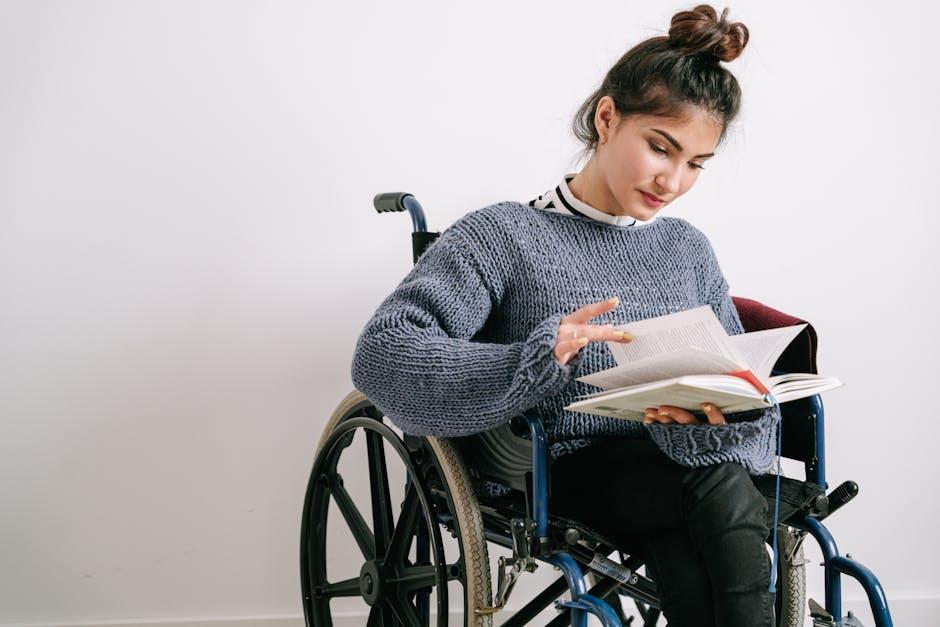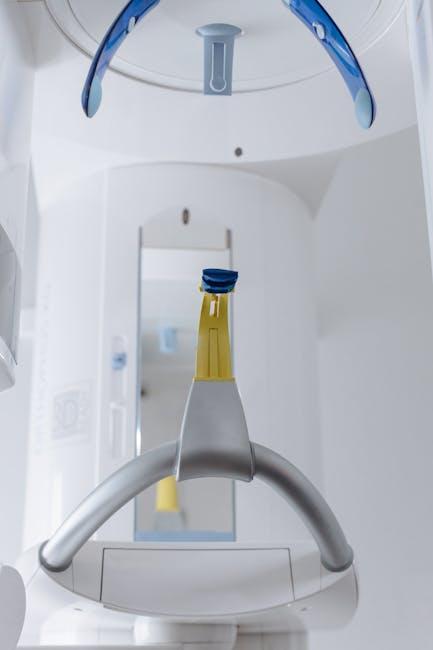
Innovative & Inclusive: Dental Tech Training for People with Intellectual Disabilities – Special Olympics
Access to quality dental care remains a significant challenge for people with intellectual disabilities. Recognizing this gap, Special Olympics has developed groundbreaking dental tech training programs that are both innovative and inclusive. These initiatives empower individuals with intellectual disabilities, enhance their employability, and improve overall community oral health awareness.
Understanding the Need for Inclusive Dental Tech Training
People with intellectual disabilities often face barriers in accessing appropriate dental care, leading to poorer oral health outcomes. These challenges stem from communication difficulties, limited specialized services, and insufficient dental professionals trained to meet their unique needs.
Innovative dental tech training programs designed specifically for this community help bridge this gap by providing tailored education and hands-on skills development. Special Olympics leads the way by integrating advanced technology and inclusive teaching methodologies to foster independence and professional growth in people with intellectual disabilities.
Special Olympics: Pioneering Dental Tech Education
Special Olympics is widely recognized for promoting health and wellness among individuals with intellectual disabilities. Their dental health initiatives are no exception, offering comprehensive training programs that:
- Use interactive and engaging technology such as 3D dental simulations and augmented reality.
- Provide specialized curricula adapted for diverse learning needs.
- Include mentorship from dental professionals and community health workers.
- Offer certification opportunities that increase employability in dental technician roles.
By combining technology with empathy and inclusiveness, these programs help participants live healthier lives while gaining valuable vocational skills.
Key Benefits of Dental Tech Training for Intellectual Disabilities
Inclusive dental tech education generates multifaceted benefits that extend from individual trainees to broader communities. Here are some of the primary advantages:
- Empowerment and Confidence: Hands-on training builds self-esteem and encourages independence.
- Enhanced Employability: Specialized skills open doors to jobs in dental clinics, labs, and educational roles.
- Improved Oral Health Awareness: Trainees become advocates for dental hygiene within their families and communities.
- Reduced Healthcare Disparities: Inclusive education addresses gaps in dental service accessibility.
- Community Integration: Fosters social interaction and breaks down stigma around intellectual disabilities.
Table: Comparison of Traditional vs. Special Olympics Dental Tech Training Approaches
| Aspect | Traditional Dental Tech Training | Special Olympics Inclusive Training |
|---|---|---|
| Target Audience | General population | People with intellectual disabilities |
| Teaching Method | Standard lectures & labs | Multi-sensory, tech-based, personalized |
| Use of Technology | Basic dental equipment | 3D simulations, AR, virtual coaching |
| Certification | Professional dental tech certification | Special Olympics endorsed certificates |
| Support Services | Limited disability accommodations | Comprehensive mentoring & accessibility |
Real-Life Impact: Case Studies from Special Olympics Dental Programs
Stories from trained individuals highlight the transformative power of these programs. For instance:
- Maria’s Journey: Maria, a young woman with an intellectual disability, completed the Special Olympics dental tech course and now works as a dental assistant, regularly helping colleagues and patients understand oral care.
- John’s Advocacy: After training, John became a community health ambassador, organizing dental hygiene workshops that specifically serve people with developmental challenges.
These case studies underscore how inclusive dental training boosts personal development and communal health outcomes.
Practical Tips for Implementing Inclusive Dental Tech Training
Organizations looking to establish or enhance dental tech training programs for people with intellectual disabilities can follow these practical guidelines:
- Develop Customized Curriculum: Tailor content that addresses diverse cognitive and learning styles.
- Integrate Technology: Use digital tools like virtual reality or apps for interactive learning.
- Provide Ongoing Support: Employ mentors and assistants experienced in disability services.
- Create Accessible Learning Environments: Ensure physical and communication accessibility.
- Collaborate with Dental Professionals: Partner with clinics for real-world internships and feedback.
First-Hand Experience: Voices from Participants
Many participants in Special Olympics dental tech training programs share inspiring reflections:
“Learning the dental tech skills gave me a purpose. It made me feel like I can contribute and work just like anyone else.” – Sam, program graduate
“The trainers were patient and kind. The technology made it fun and easier to understand what I needed to do.” – Linda, trainee
Conclusion: Driving Forward a More Inclusive Dental Future
Innovative and inclusive dental tech training initiatives by Special Olympics represent a monumental stride toward equal opportunities for people with intellectual disabilities. These programs not only elevate individual capabilities but also advance public health by expanding access to skilled dental care professionals. By embracing technology and empathy, dental education can become a catalyst for social change, empowering individuals and enriching communities.
As awareness grows, encourage your dental practice, educational institution, or organization to support and implement similar inclusive training models. Together, we can create a healthier, more inclusive world where everyone has the chance to shine.
Explore more about Special Olympics dental health initiatives and find out how you can get involved today!


